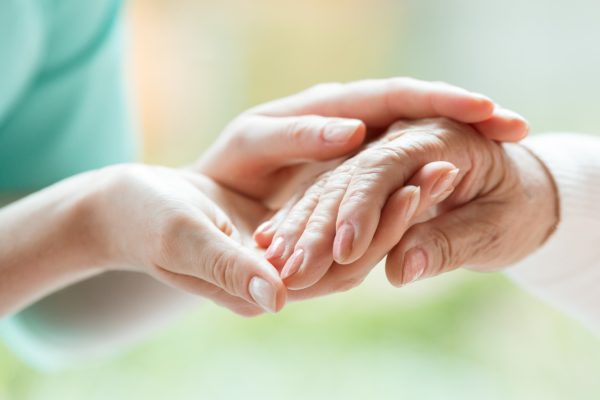
Four hospitals in the Netherlands are starting a pilot project that aims to reduce wastage of medicines. It is estimated that in the Netherlands alone, over 100 million euros are wasted on often expensive medicines that are not being used for a number of reasons. Not only does this mean a significant financial burden on an already strained healthcare budget, but it also causes environmental hazards. All too often, leftover drugs end up being thrown in the garbage bin or flushed down the toilet.
There are several reasons behind medicines remaining unused. Sometimes, doctors simply prescribe too much. It also happens that a treatment is halted because of adverse effects or because of lack of efficacy. And often, medicines are left unused when a patient dies.
The four Dutch hospitals –UMC Utrecht, Radboudumc in Nijmegen, Jeroen Bosch ziekenhuis in Den Bosch and St. Antonius in Eindhoven- will now collect leftover cancer medication and redistribute them. The medicines will first undergo stringent quality control checks at the hospitals’ pharmacies. Cancer drugs will be packaged and sealed, and provided with a chip that records the temperature under which the medicine has been stored. When these unused medicines are returned to the hospital, pharmacists check whether the seal is unbroken and whether storage temperature has not exceeded certain levels, and what the expiry date is. If it is found that the collected drugs conform to all quality and safety criteria, they can be repackaged and prescribed to other cancer patients.
The experiment will last for a year, and afterwards there will be an evaluation to assess whether the trial has been successful in reducing wastage and cost. If this is the case, more Dutch hospitals are expected to adopt the same protocols with collecting, assessing and redistributing leftover drugs, and the program may expand to include other forms of medication.